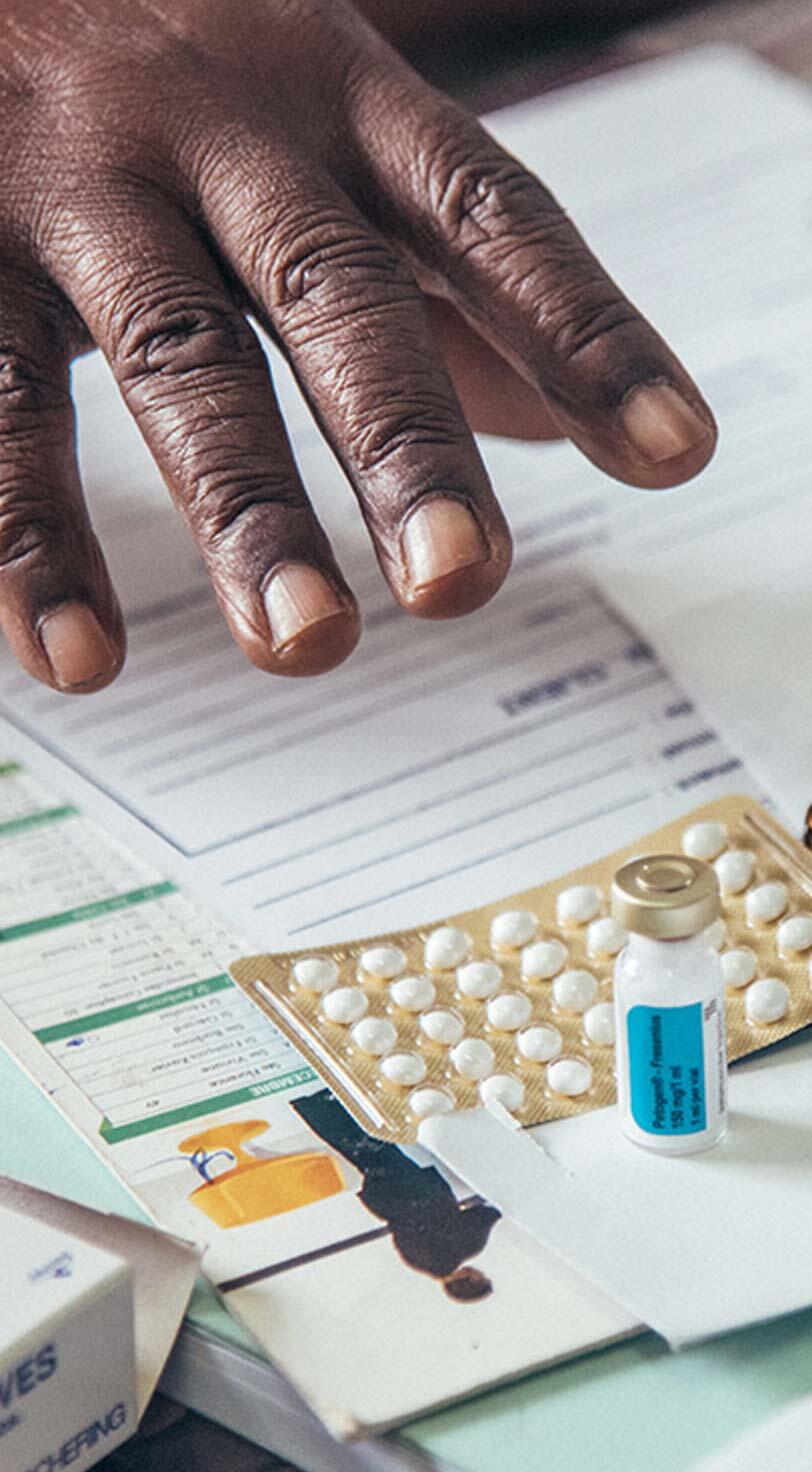Inseguro y poco fiable: Métodos peligrosos para la prevención del embarazo
09 Jul 2018
En todo el mundo, mujeres recurren a métodos ineficaces o incluso peligrosos basándose en mitos y rumores. El UNFPA ha recopilado más de 20 ejemplos en todo el mundo.
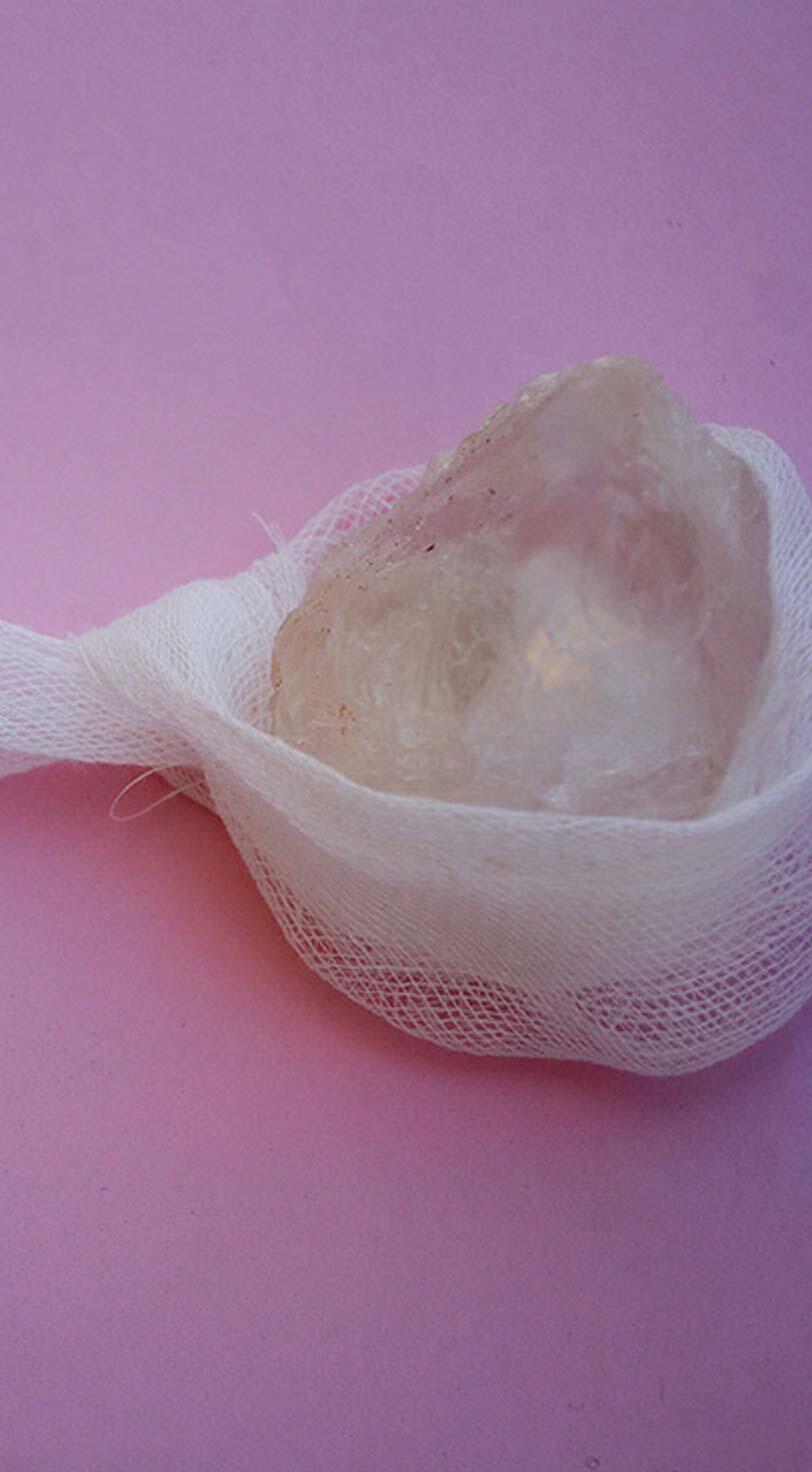
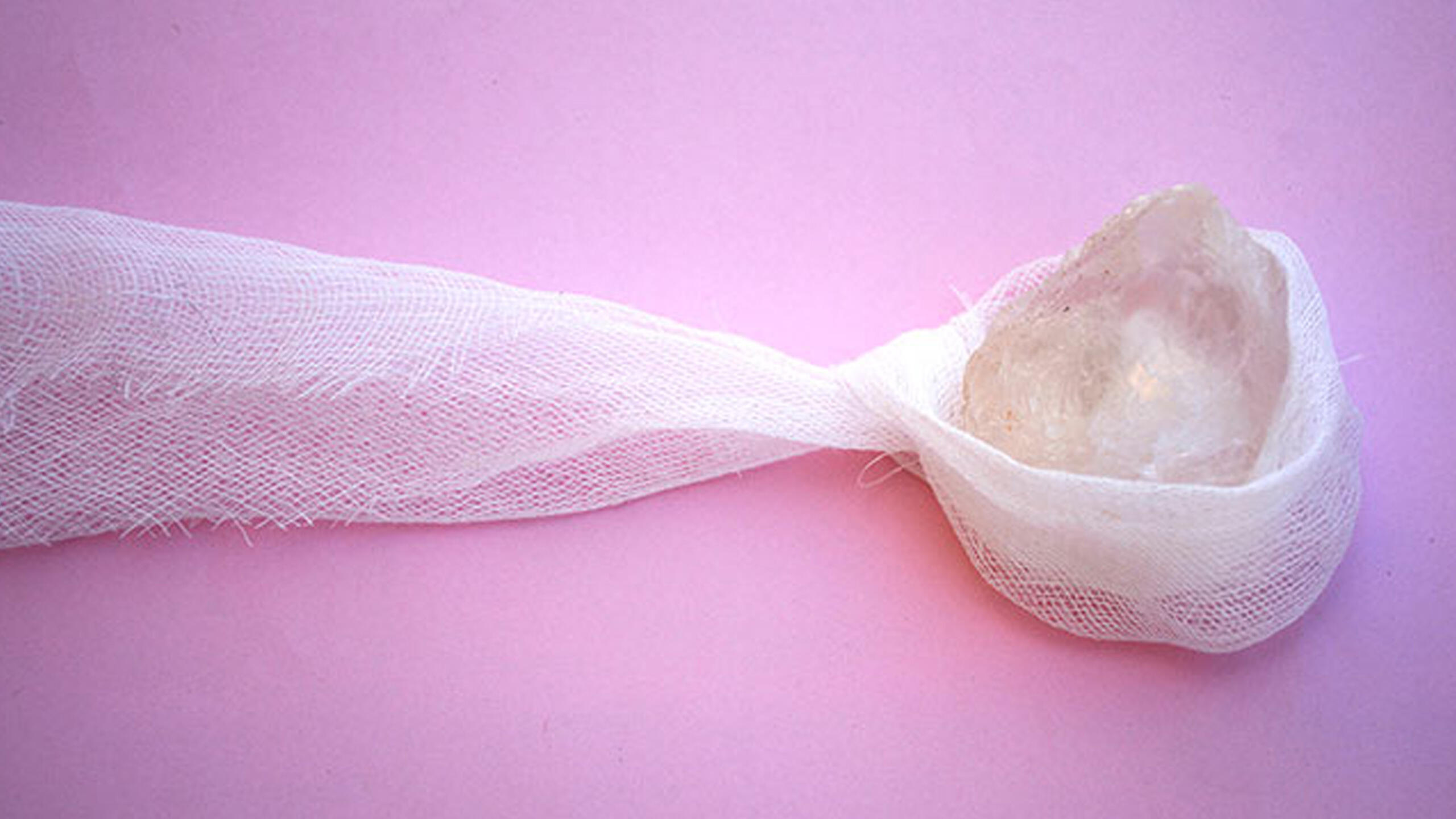
Fifty years ago, family planning was recognized as a human right. Yet safe and reliable forms of contraception are still out of reach for hundreds of millions of people. In desperation, many resort to ineffective or even dangerous methods, often based on myth and rumour. UNFPA has collected more than 20 examples from around the world – an illustration of the persistent and global demand for family planning access and education.
© UNFPA Algeria
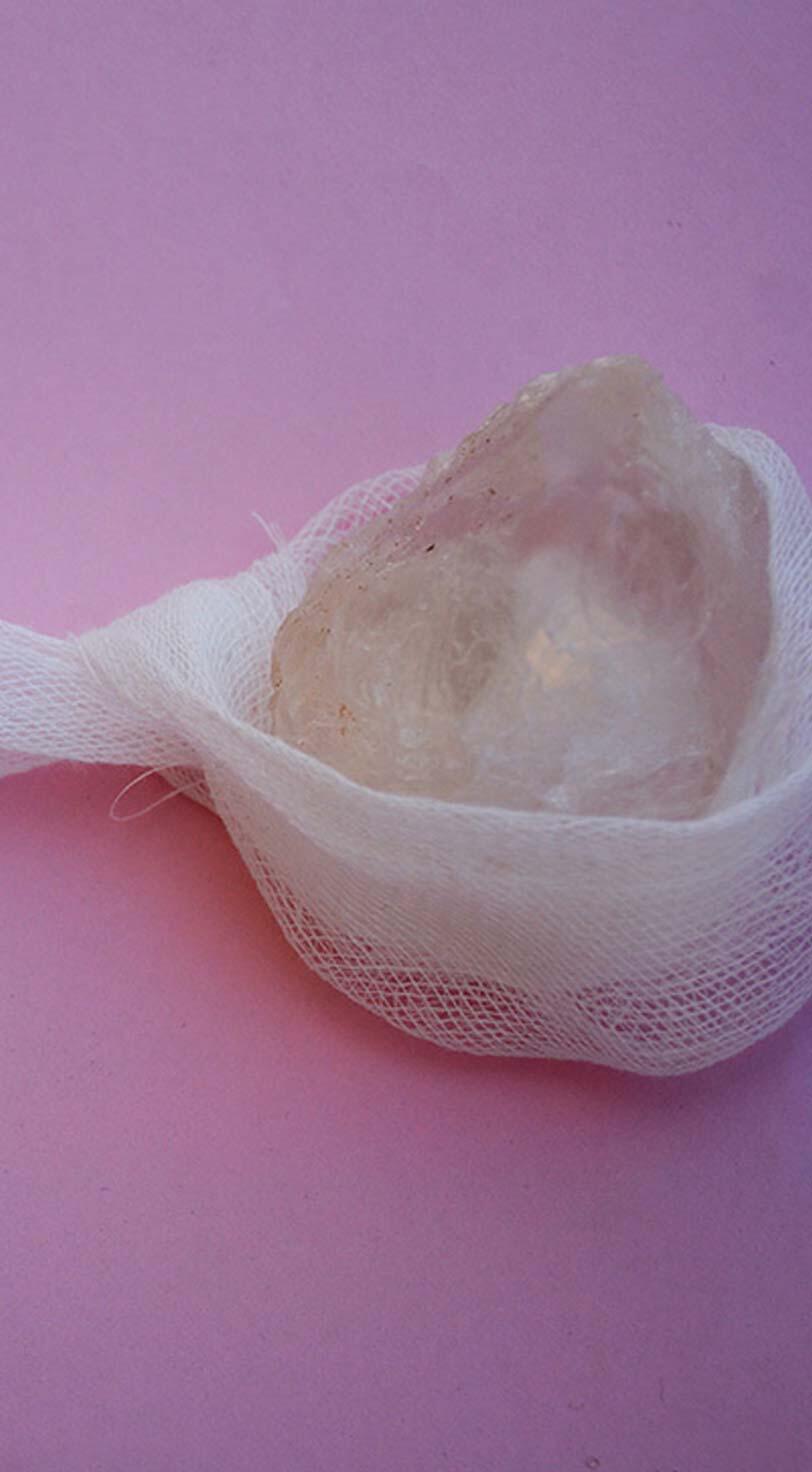
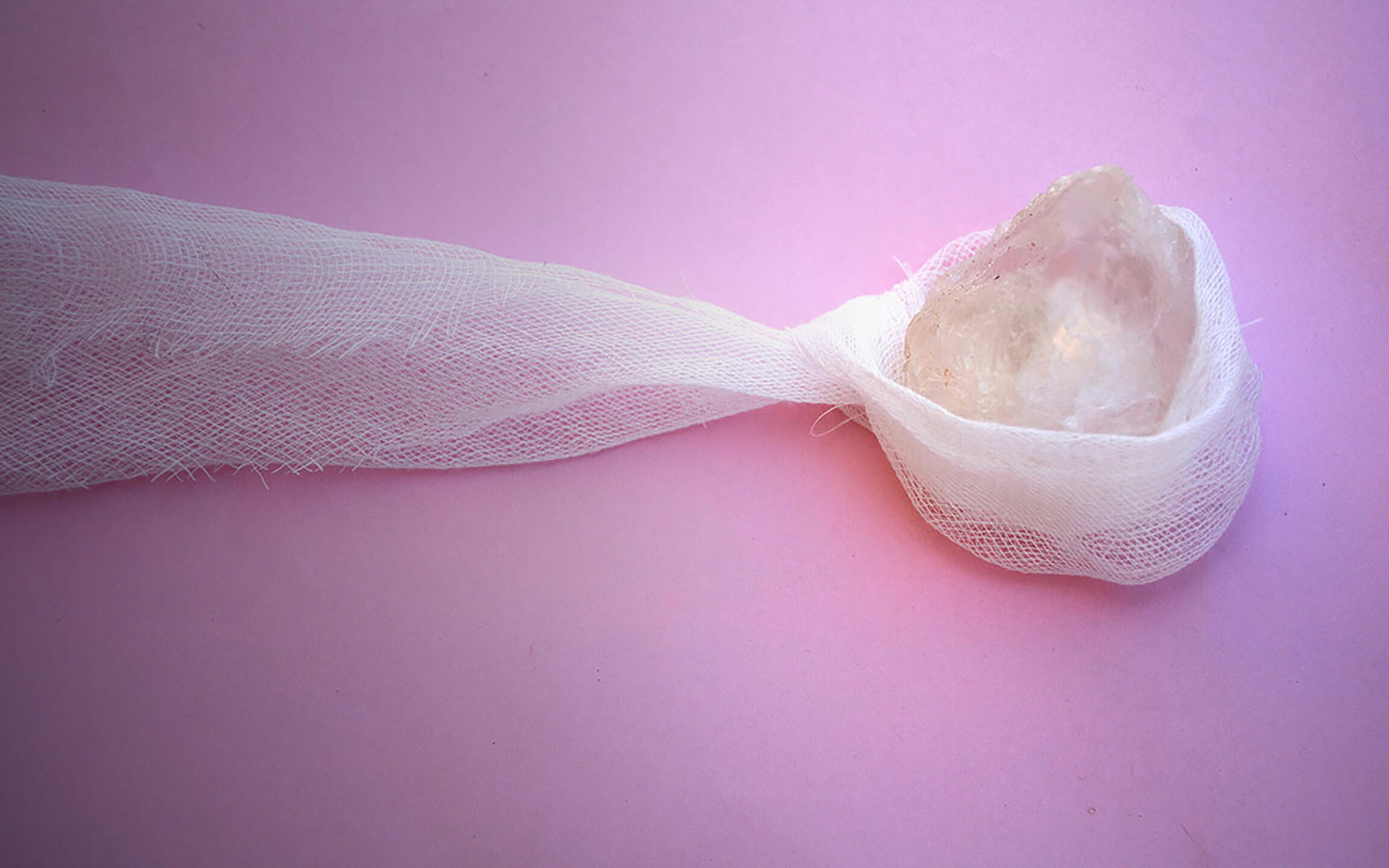
Vinegar
Many people try to prevent pregnancy by inserting or ingesting harmful chemicals. Health workers in the Republic of Moldova, Syria and Uzbekistan say some women apply vinegar to the vagina, either before or after intercourse. While many reported cases are decades old, the practice is still observed today. Vinegar does not work as a contraceptive. But it “causes an imbalance in the natural bacterial balance in the vagina, which increases vaginal infections,” said Dr. Yasser Joha, a gynaecologist in Damascus.
© UNFPA Moldova/Dan Gutu
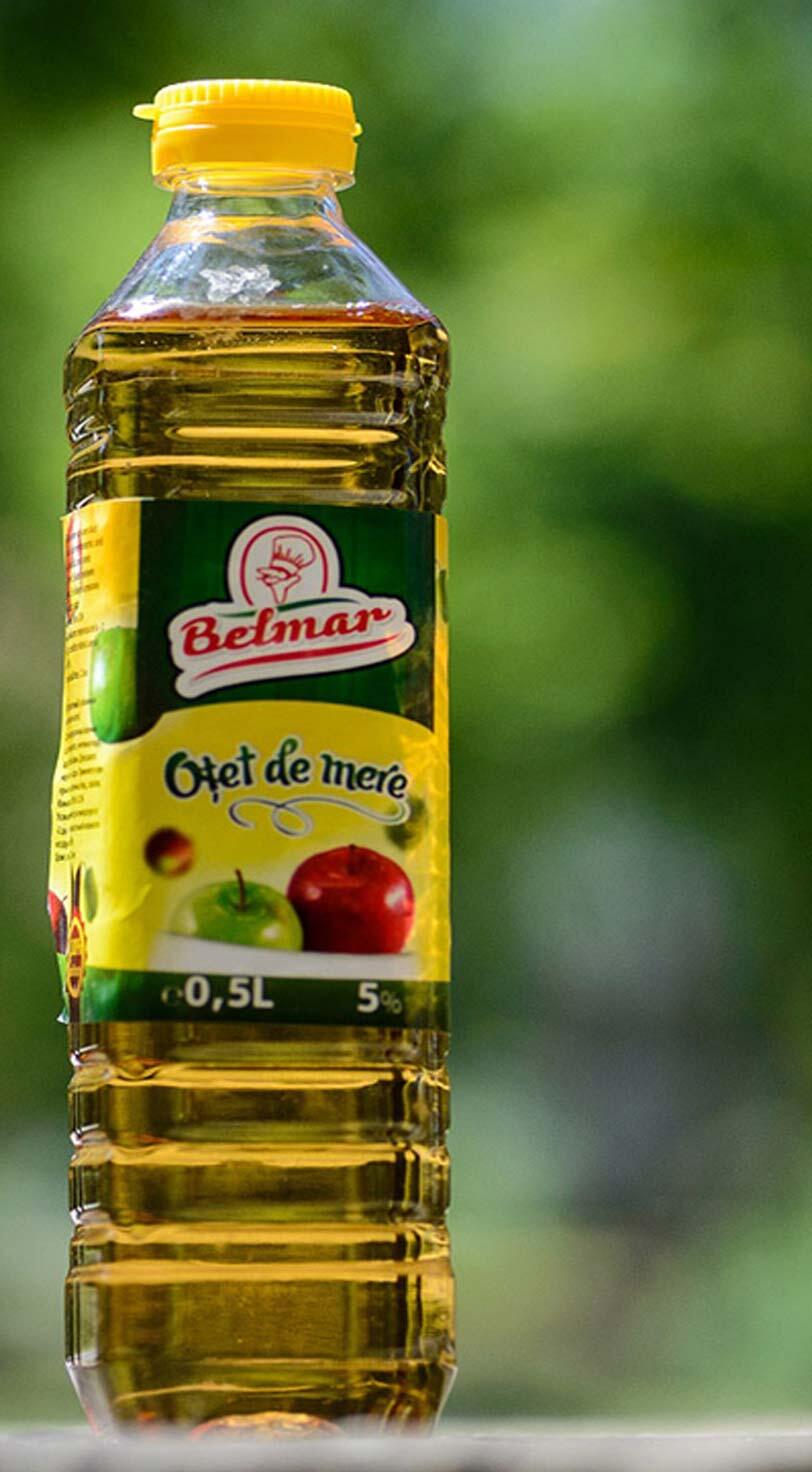

Soap and water
Many women wash or douche with soap and water after sex in an attempt to prevent pregnancy. “They hope it will wash the sperm away, but sperm reaches the uterus before women have a chance to rinse it out,” said Dr. Su Sandy of Population Services International Myanmar. She added that the practice can affect vaginal acidity, leading to irritation or infections.
© UNFPA Myanmar/Karlien Truyens
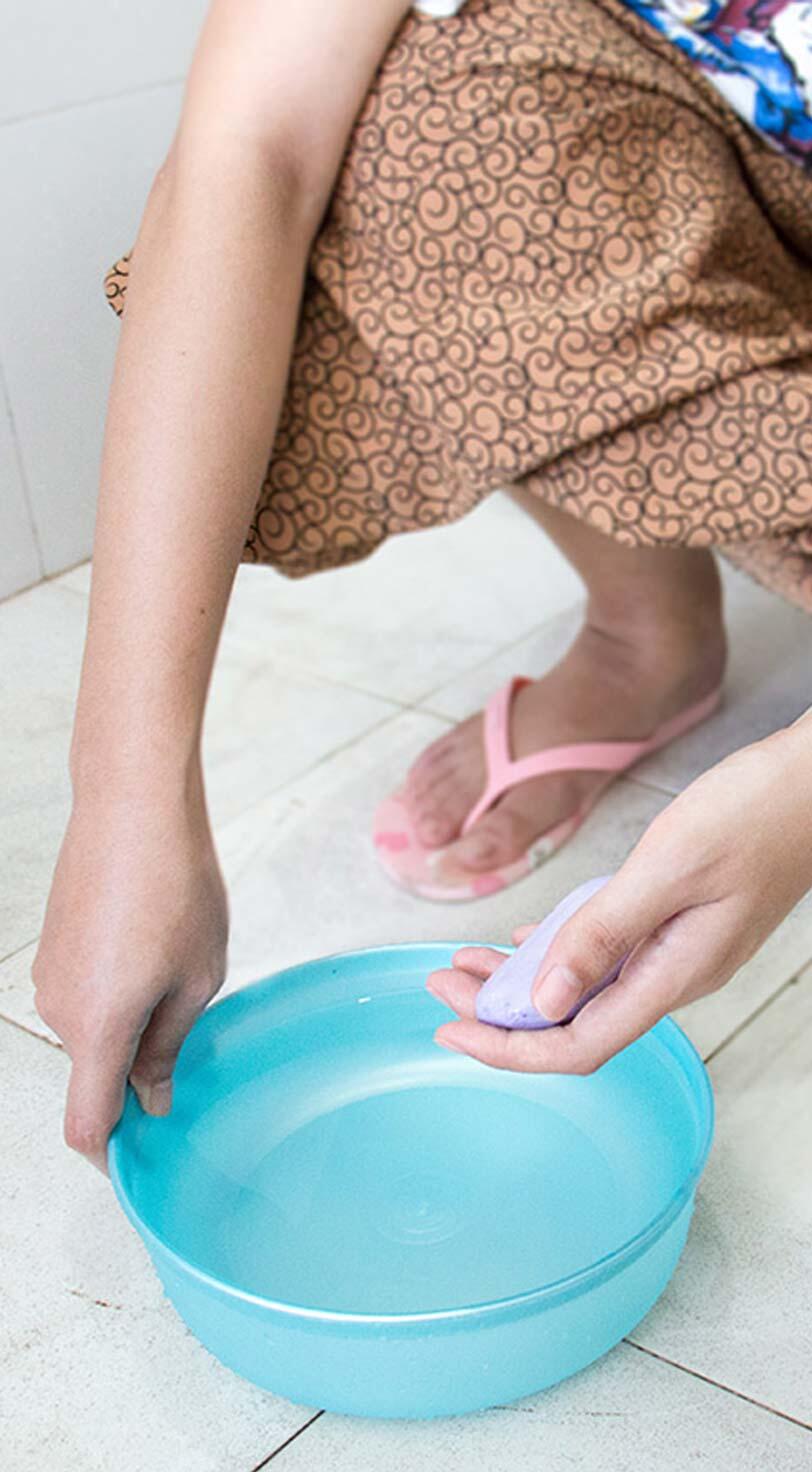

Laundry soap
Soaps have also been used in other ways. Health workers in Eastern Europe and Central Asia say that, a few decades ago, some women would insert a piece of laundry soap into the vagina before intercourse, hoping the alkalinity would kill sperm. The method can cause inflammation, ulcers and other significant damage. It is also unreliable for preventing pregnancy. “Of course, this piece of soap will not correct the situation,” one doctor told UNFPA.
© UNFPA Uzbekistan/Dilora Ganieva
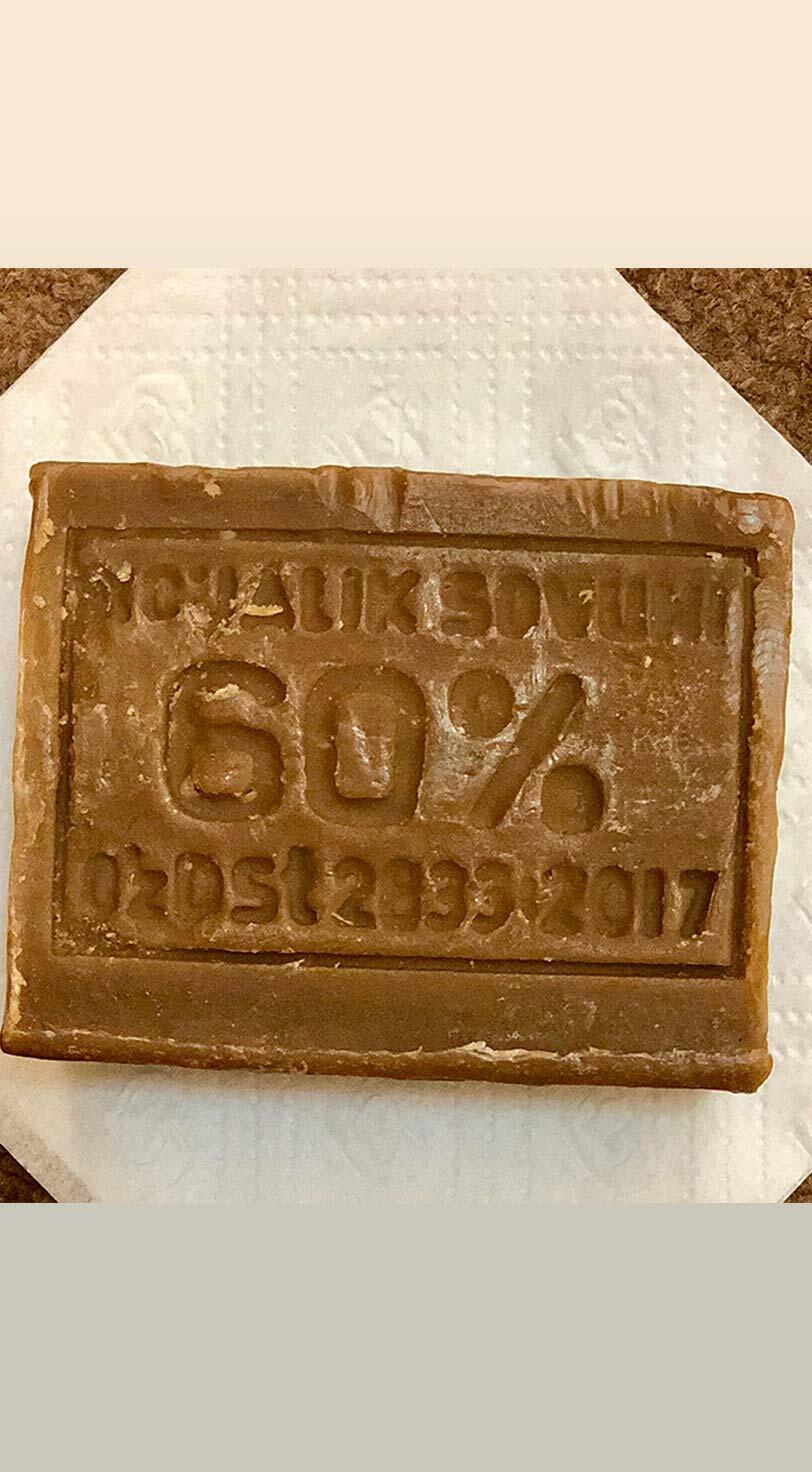
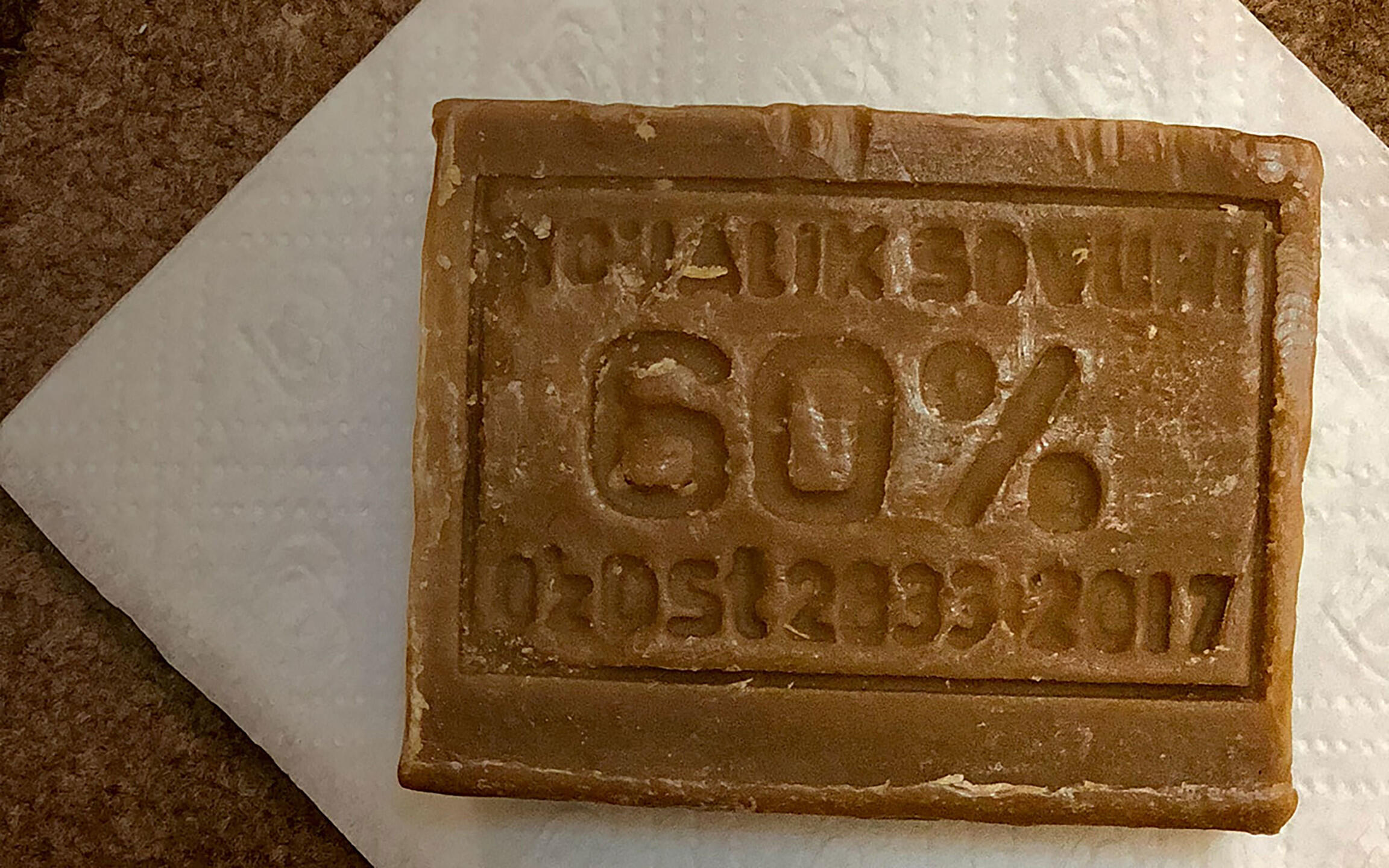
Disinfectant
People also use disinfectants to try to kill sperm, using these chemicals as a douche or applying them to the external genitalia. Disinfectants can cause chemical burns, skin irritation and, if introduced into the uterus, even sepsis and death. But they do not stop sperm: “No antiseptic introduced into the vagina will be able to dislodge them. The same applies to disease-causing organisms,” said Hemantha Senanayake, a medical professor in Sri Lanka.
© UNFPA Sri Lanka/Avindi Perera
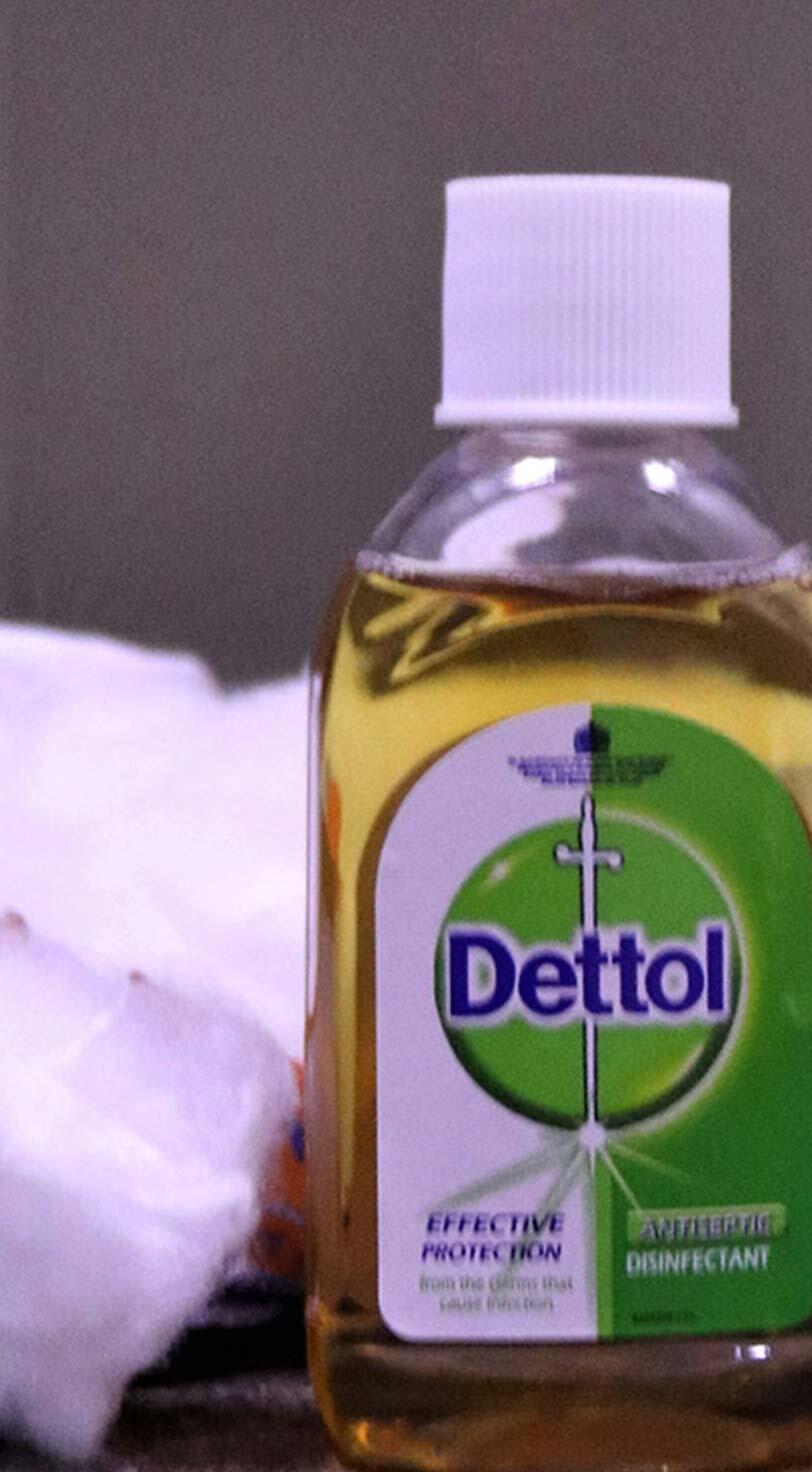

Milk and iodine
In Kyrgyzstan, women have been known to drink milk and iodine after sex to prevent pregnancy. While mainly observed in the 1980s and 1990s, this method may still be used in remote areas. Iodine solution is toxic and can cause inflammation, burns to the oesophagus and stomach tissue, and hormonal imbalances. “There is no influence of the mixture on preventing the pregnancy at all,” said Chynara Kazakbaeva, president of Kyrgyz Alliance of Midwives.
© UNFPA Kyrgyzstan/Cholpona Egeshova
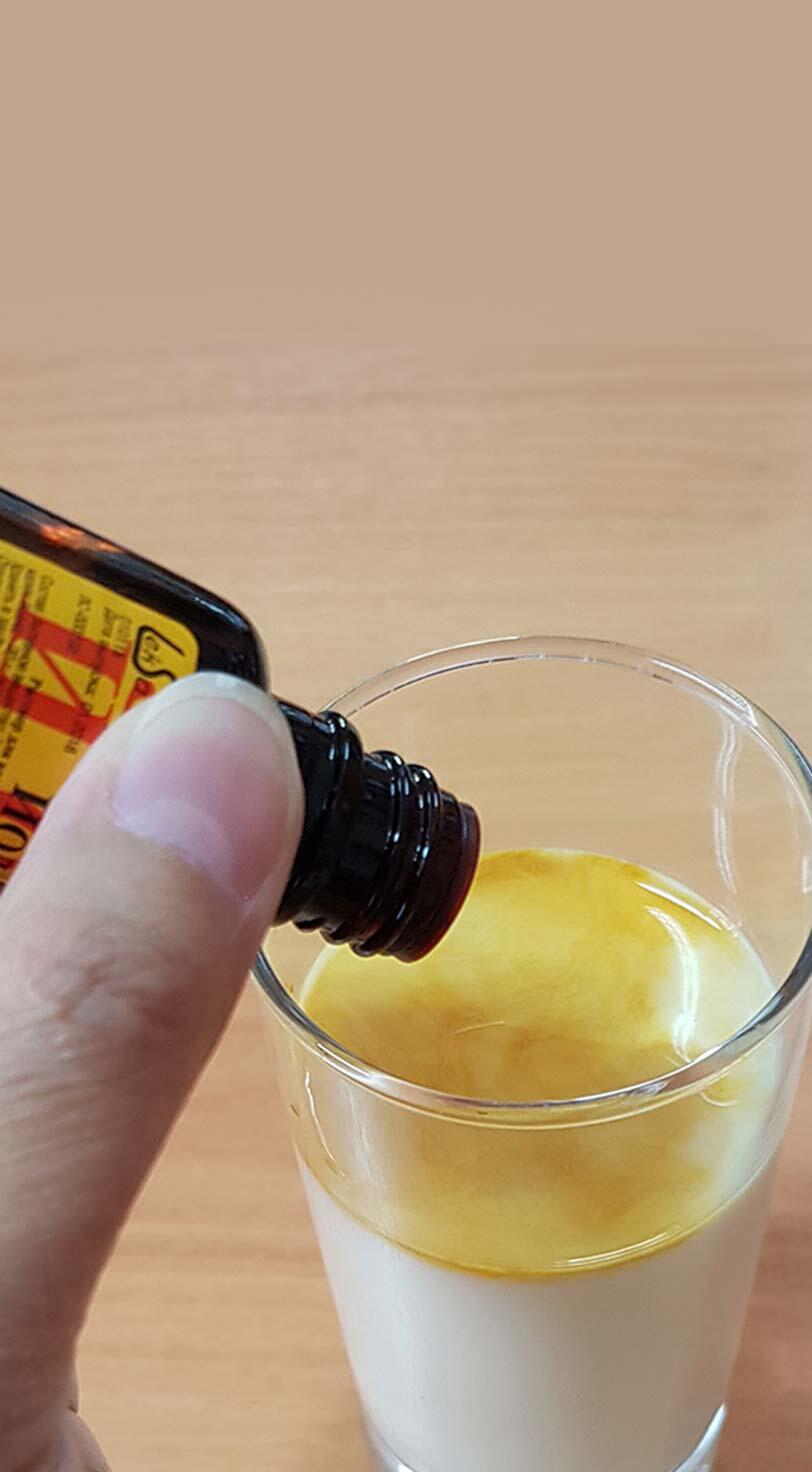

Coca-Cola
In some places, Coca-Cola is believed to have contraceptive properties. In Angola, young people have been known to drink Coca-Cola with two or more aspirin after intercourse. “I tried this a long time ago, when I was a teenager,” one older woman told UNFPA. The mixture was harsh on her stomach. “I had a very bad time,” she said. The beverage has also been used as a vaginal douche in North America, Eastern Europe and Central Asia. This method, too, is ineffective and can cause tissue damage and infections.
© UNFPA Angola/Denizia Pinto
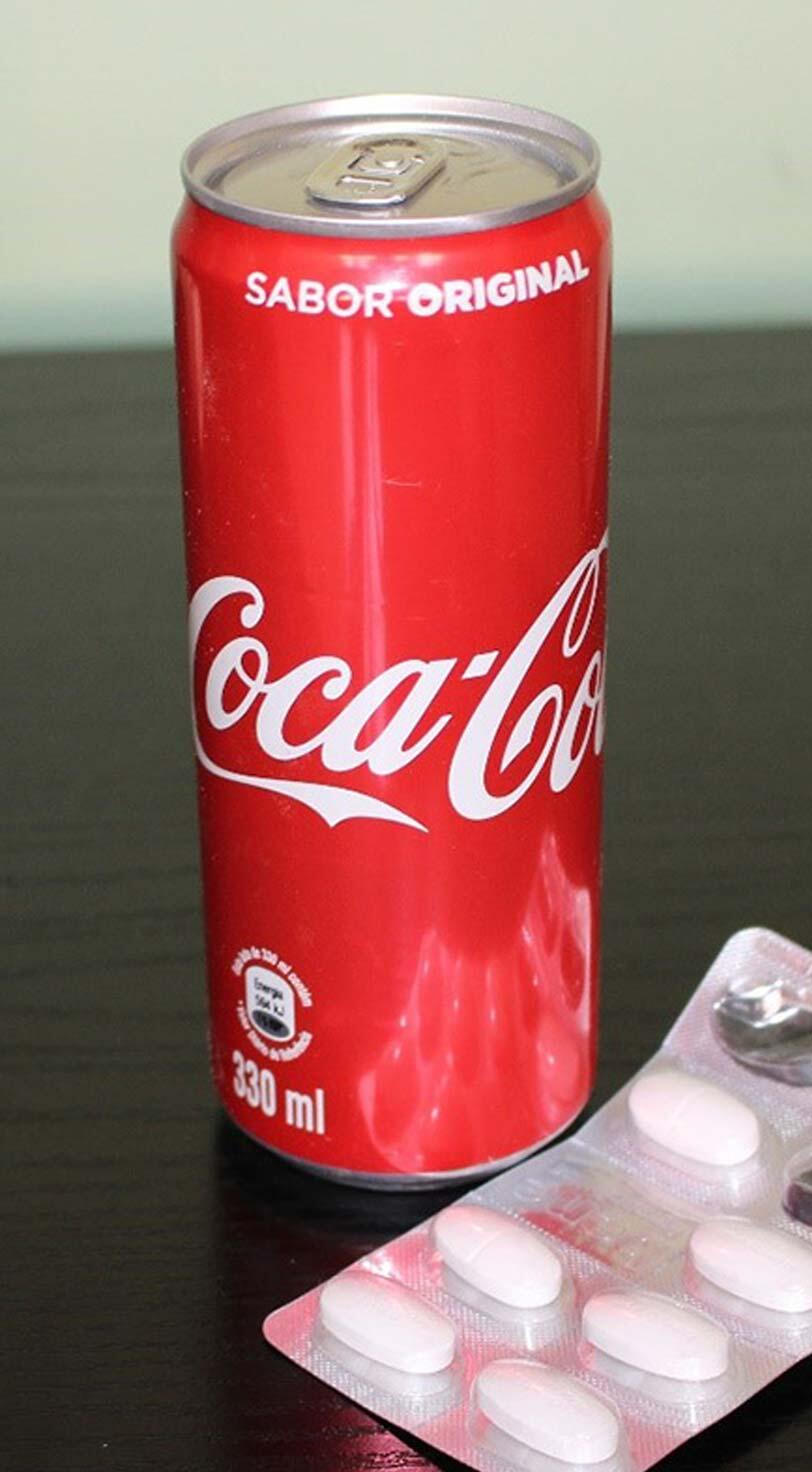

Alcohol
A type of fruit brandy called Rakija was used as a vaginal wash in parts of Bosnia and Herzegovina, mainly in the 1950s and 1960s, but possibly continuing today. The high alcohol content “could cause vaginal dryness and dyspareunia [painful intercourse],” said Dr. Tatjana Barišić. The idea that Rakija could have any influence on pregnancy “is myth and causes harm – it doesn’t work that way.”
© UNFPA Bosnia and Herzegovina/Armin Smailovic
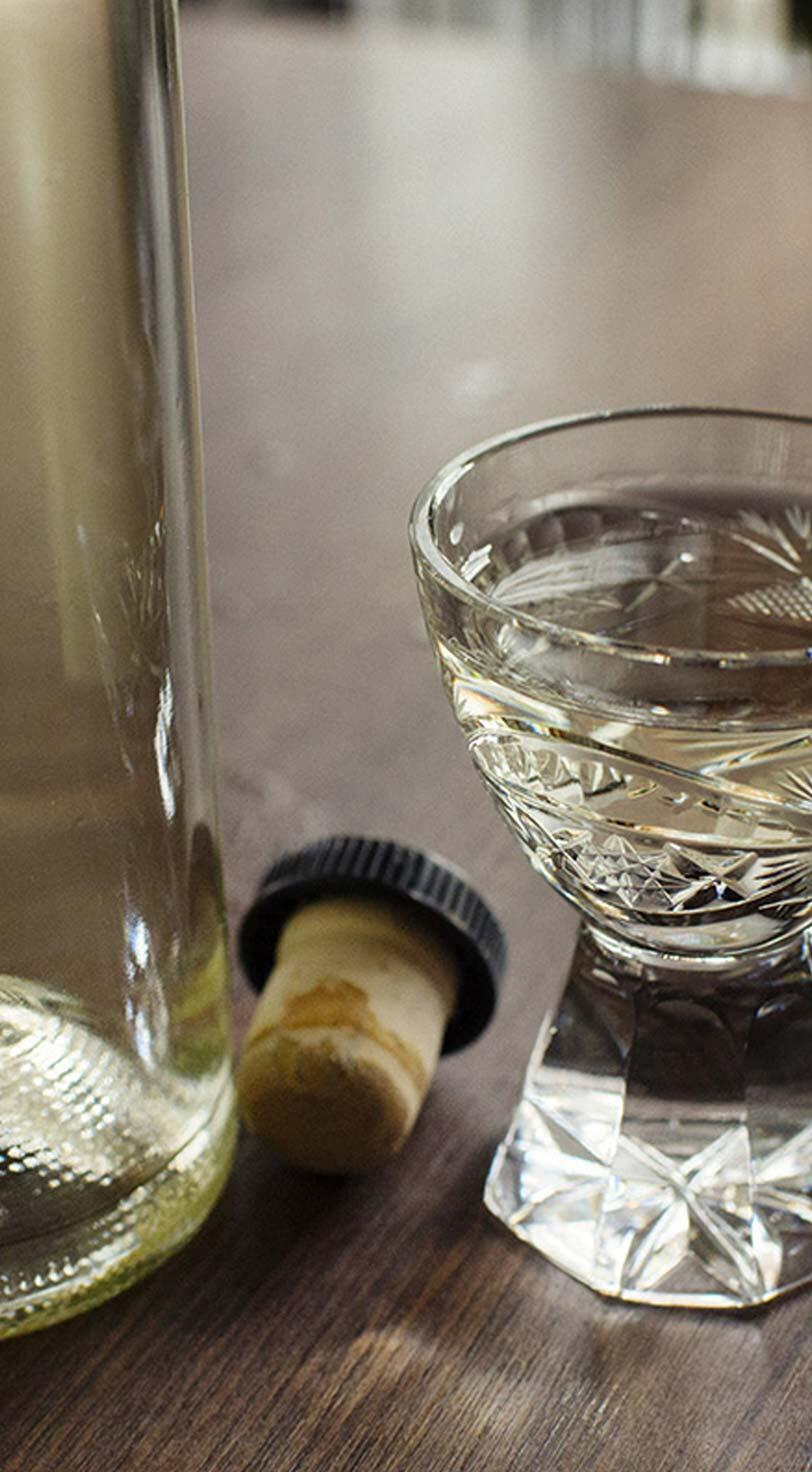

Alum
In several countries, reproductive health experts reported that, a few decades ago, alum was used as a vaginal suppository to prevent pregnancy. This can cause irritation, dysbacteriosis – or harmful microbial imbalance – and increased risk of infections. “Even very educated women were influenced until very recently,” said Yasmine, a reproductive health activist in Algeria. Alum was also used with the mugwort plant “as spermicides in some rural areas,” said Rachida Fadil, president of Morocco’s National Association of Midwives.
© UNFPA Morocco

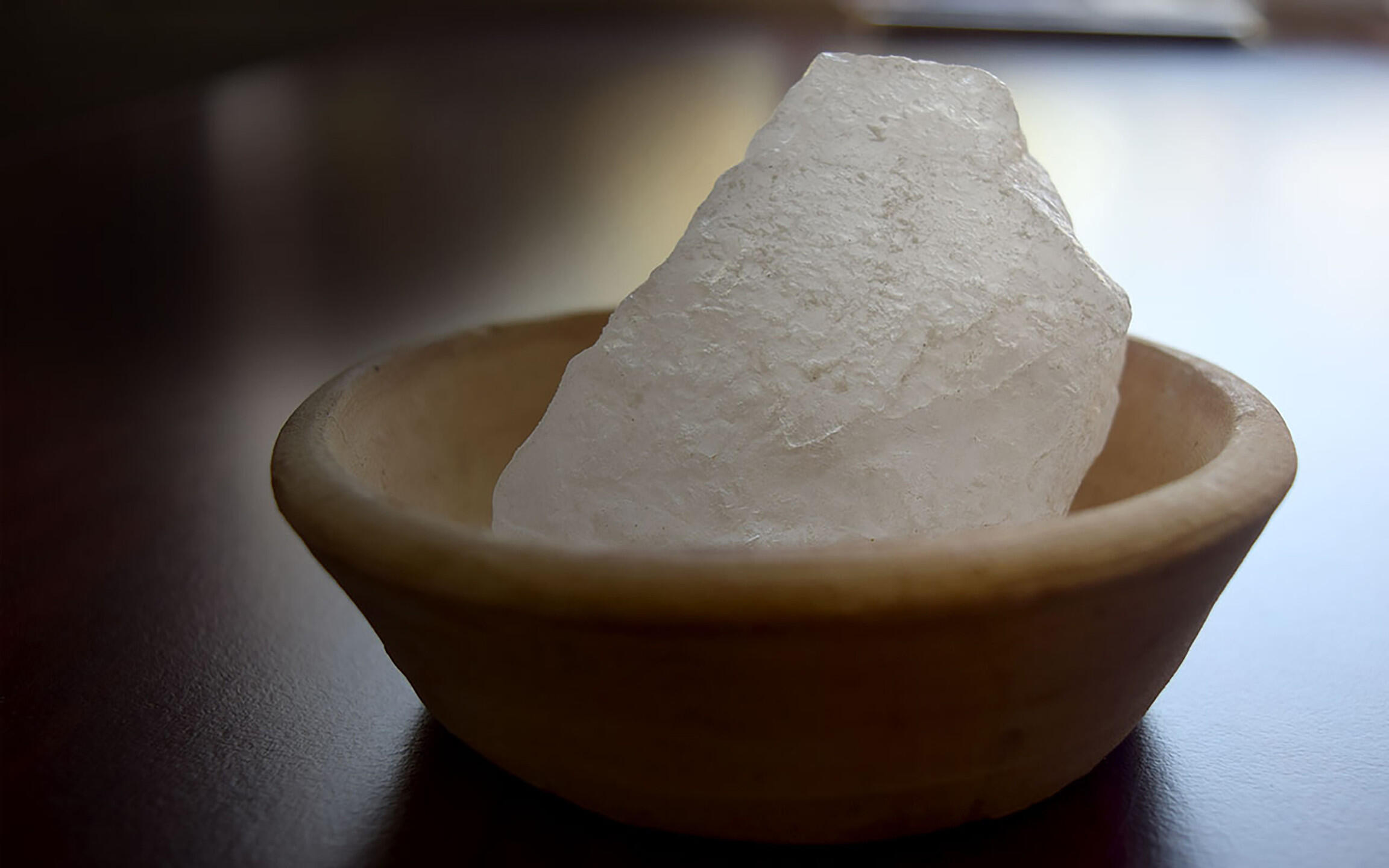
Lemon slices
In several countries, health workers reported that women put lemon slices or lemon juice into the vagina after sex. This can cause irritation, dysbacteriosis and other problems. “I was surprised, not to say shocked, when I found out that one woman was using, and continues to use, lemon slices in the vagina after intercourse,” said Dr. Ludmila Bologan, in the Republic of Moldova.
© UNFPA Moldova/Dan Gutu
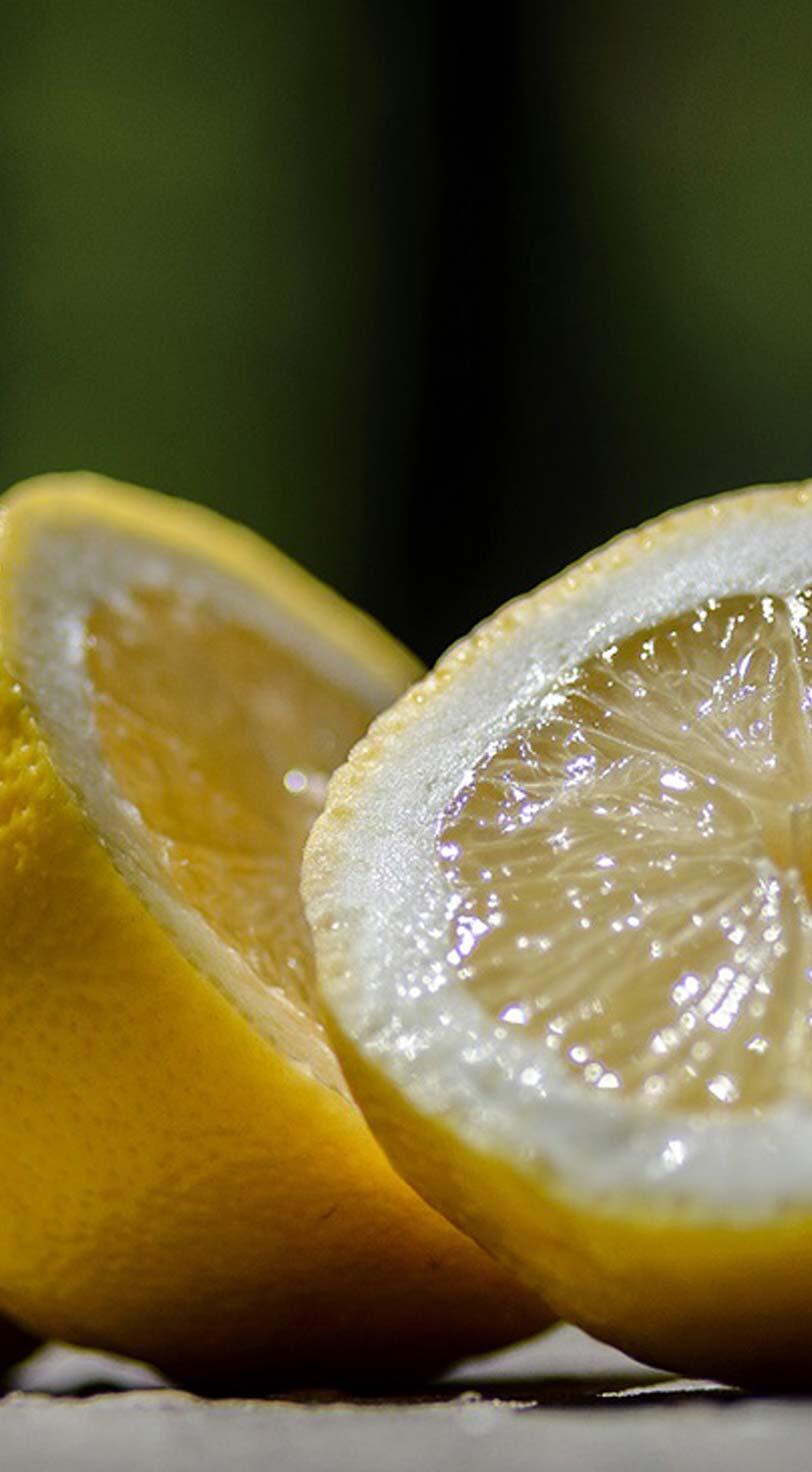
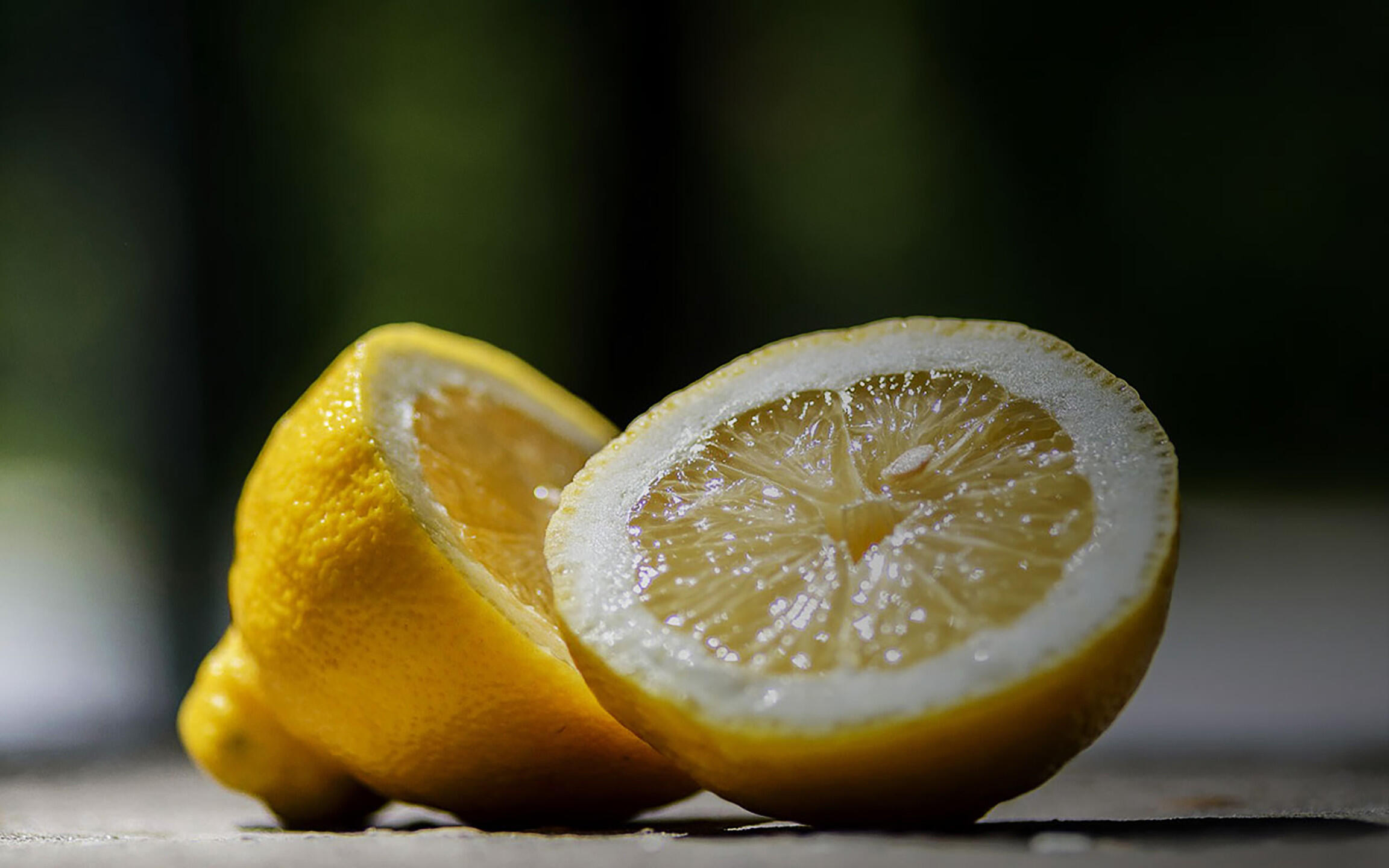
Turmeric
Many people rely on herbs, which are often useless in preventing pregnancy. Older couples in western Nepal reported using turmeric in water as a contraceptive. One man told UNFPA he and his wife used this method after his first two children were born in rapid succession. “I thought we shouldn’t have a third baby the next year,” he said. He and his wife ended up having 10 pregnancies. One ended in stillbirth, and one baby died in infancy. Eight survived.
© UNFPA Nepal/Santosh Chhetri
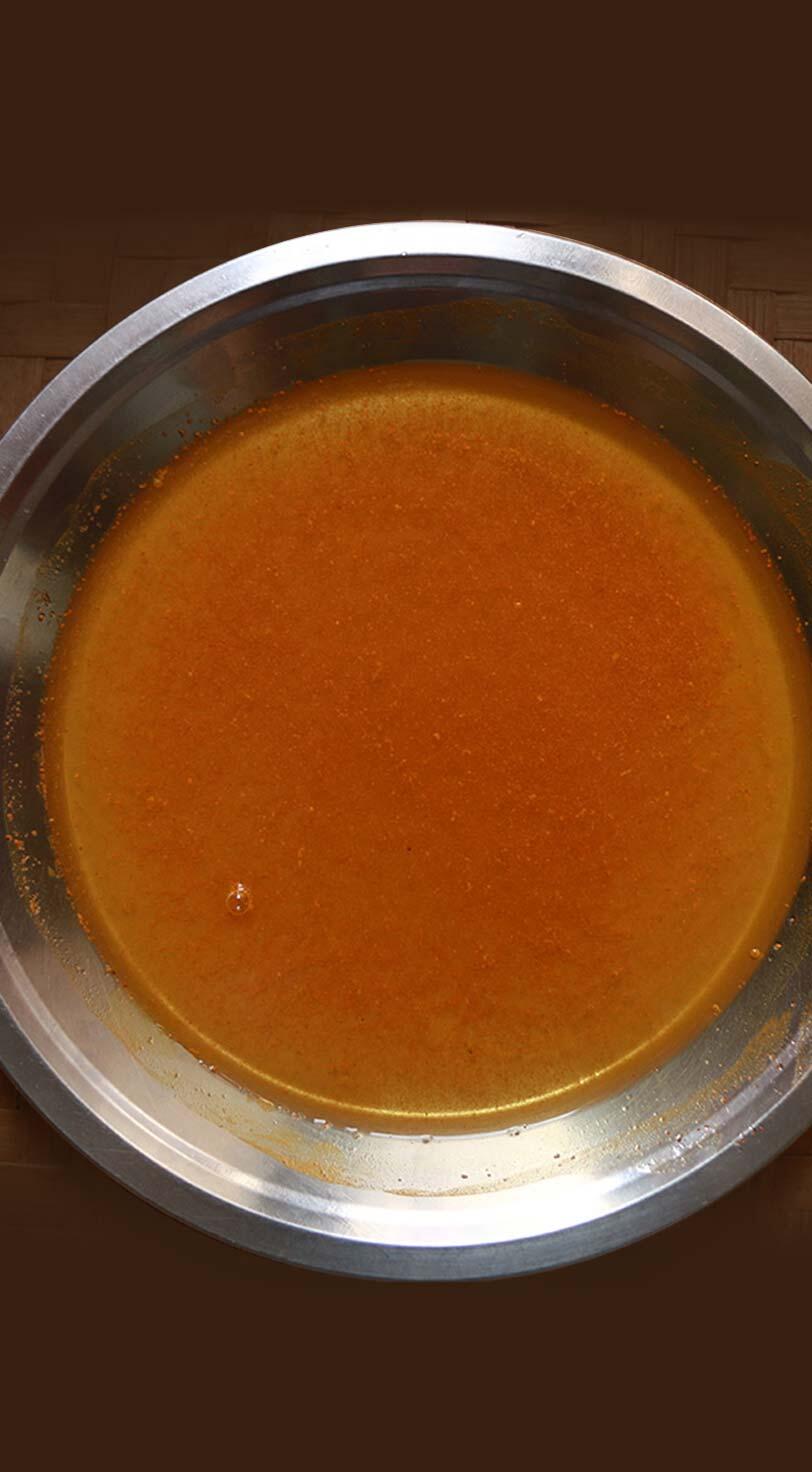
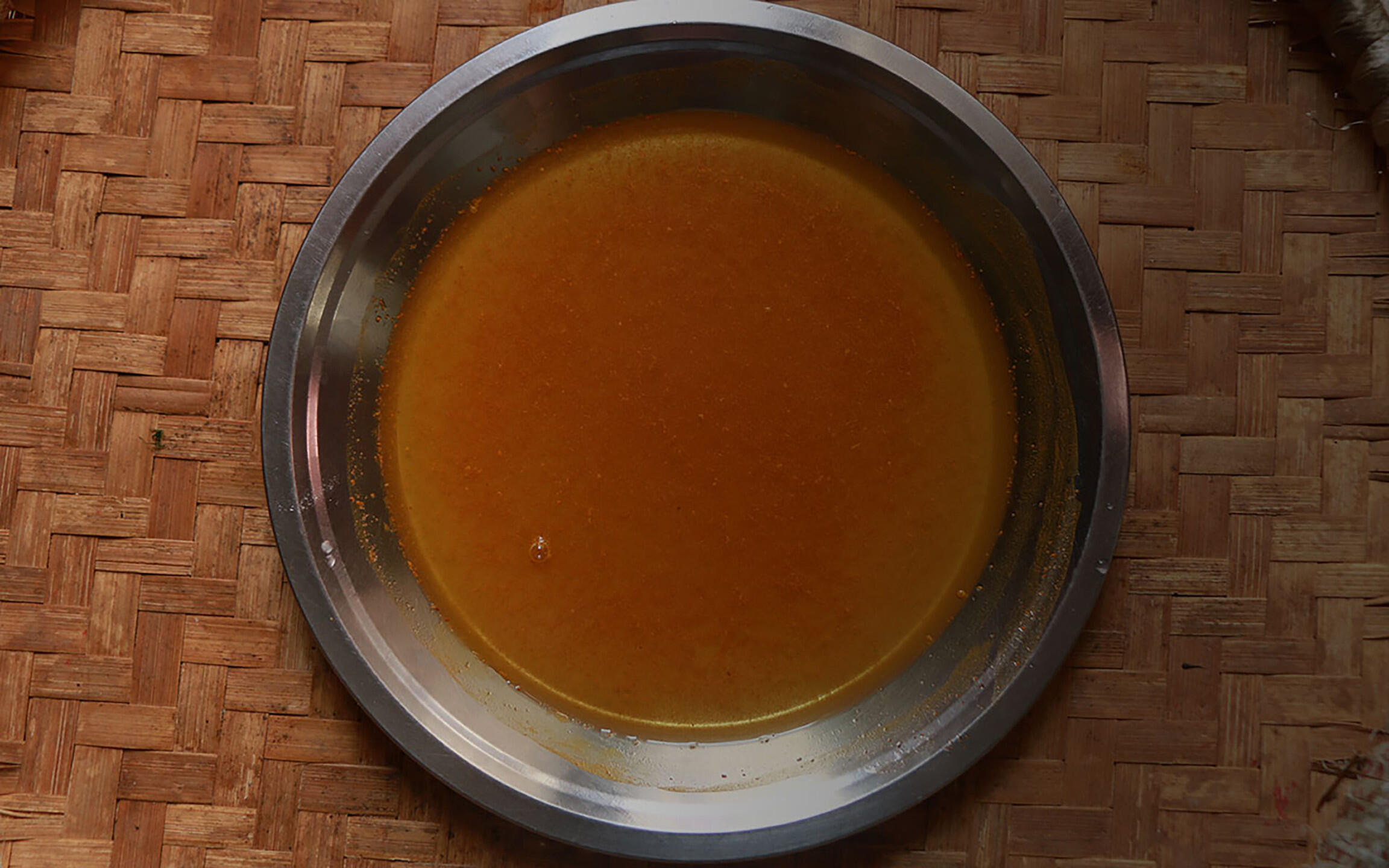
Ginger
In some places, ginger is incorrectly believed to have contraceptive properties. In the 1990s in parts of Panama, some women believed the spiciness of ginger tea could affect the menstrual cycle. Some in Cambodia drank a mixture of galangal – a ginger-like plant – with black pepper and rice wine to avoid pregnancy. “I drank it in the morning or before bedtime,” said Chuon, a villager in Cambodia. “After having my fourth child, I used the modern contraceptive pill.”
© UNFPA/Astrid Marquinez


Mango seed
The conflict in Yemen has cut off access to reliable contraceptives. “Some communities are prohibited from utilizing modern family planning methods,” said Eltaf, a Yemeni midwife. “Women are now going back to secretly using traditional methods instead.” Some are mixing crushed mango seed with water, which they drink on the fifth day of the menstrual cycle. They also avoid honey, milk and antibiotics. There is no evidence that the method works, but if antibiotics are medically necessary, avoiding them can be dangerous.
© UNFPA Yemen
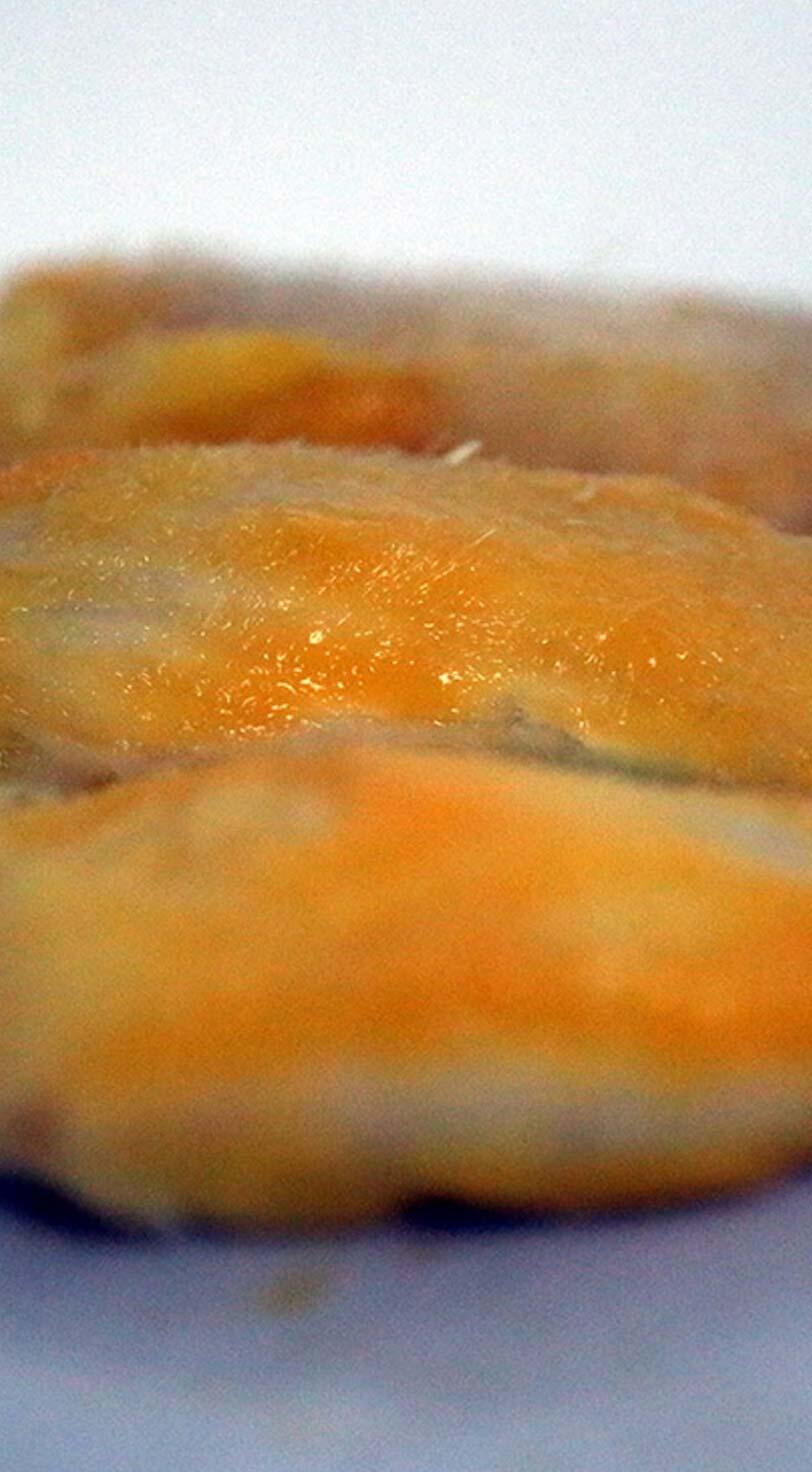

Assorted herbs
In Viet Nam, traditional herbs were often used to prevent pregnancy. But these can contain chemicals or heavy metals, or have harmful interactions with other medications. In Madagascar, neem oil or tea is sometimes used, but “no exact dosages are known to make it effective,” said community health worker Tema Noeline. And in Mexico, women have been known to rely on a tea made with rue, an ancient and unreliable contraceptive method. “I believe it is still used by some groups,” said UNFPA expert Gabriela Rivera.
© UNFPA Viet Nam/Nguyen Minh Duc


Plastic bags
And many people resort to ineffective – even damaging – barrier methods. Around the world, people have reported using plastic bags as an alternative to condoms. These have a high risk of breakage. In Sri Lanka, people have used shopping bags. “They will not provide any kind of protection, either against pregnancy or infection," said Hemantha Senanayake, a gynaecology professor in Sri Lanka. In the United States, one man said a high school friend “used sandwich baggies instead of condoms, as they were easier to obtain. He subsequently impregnated a classmate.”
©UNFPA Sri Lanka/Avindi Perera


Freezer pop wrappers
The wrappers of freezer pops, also called ice pops, have also been used “as a replacement to condoms,” said Nikoli Edwards, of Trinidad and Tobago, at a forum on improving adolescent health. These wrappers can cause pain, tearing and abrasions to the genital tissue, and do not work as contraceptives.
© UNFPA Trinidad and Tobago/Ella Gaspard


Balloons
In some places, including Sri Lanka, people use balloons instead of condoms. Balloons are not hypoallergenic and can cause rashes or infections. They also have a high risk of breakage. “Balloons are not comparable to condoms,” said Dr. Senanayake of Sri Lanka.
©UNFPA Sri Lanka/Avindi Perera


Two condoms
People also layer two condoms, one on top of the other – either two male condoms or a male and a female condom. “Perhaps it was a misunderstanding about what double protection means. Double protection means the use of a modern method – pills, injectable, implants, etc. – together with a condom, which is very effective and recommendable,” said Ms. Rivera of Mexico. Using two condoms together creates friction, which “increases the chances of a broken condom” and the risk of disease and pregnancy.
© UNFPA Mexico/Laima Garza
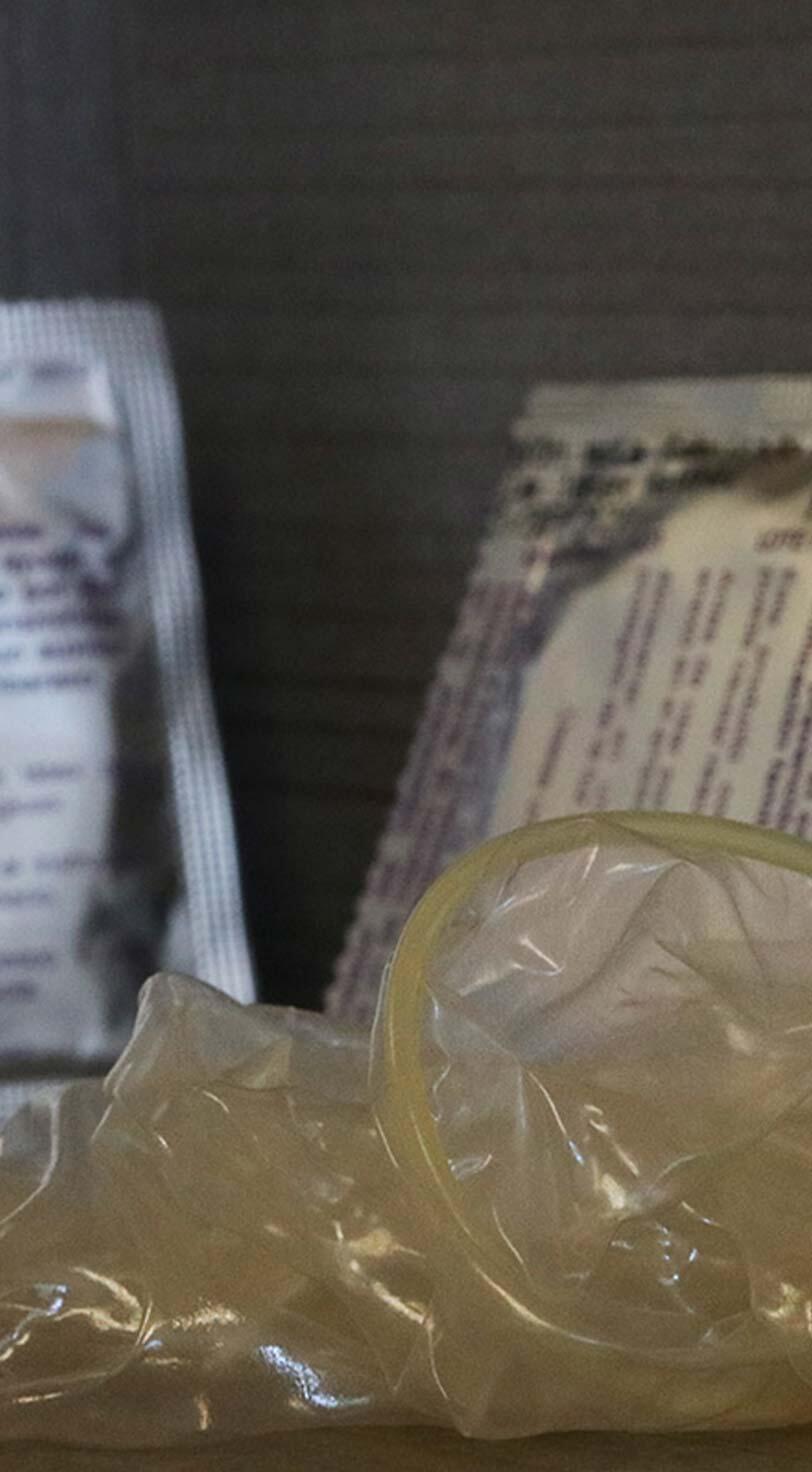
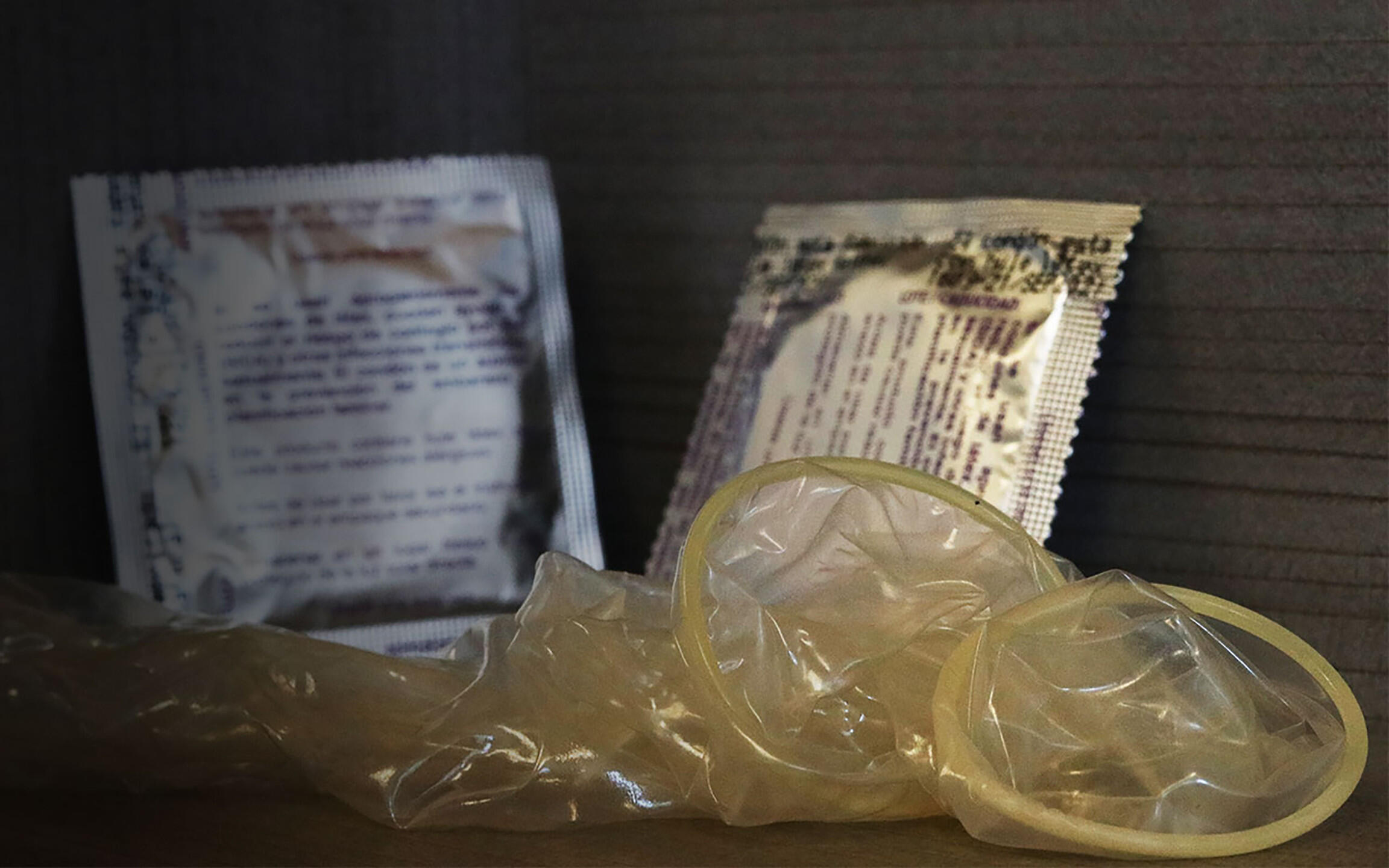
Kitchen sponges
People also resort to using kitchen sponges. In Tajikistan, one sex worker told UNFPA that it is common among women in her trade to insert small pieces of sponge into the vagina before sex, believing it prevents pregnancy. But sponges do not provide a reliable barrier, and because they are not sterile, they can increase the risk of infection.
© UNFPA Tajikistan/Surayo Abdulloyeva


Extended breastfeeding
People also engage in folk practices. Many women rely on extended breastfeeding to prevent pregnancy. Although exclusive breastfeeding can provide temporary contraception under the right circumstances, this method is not reliable for long. Even while breastfeeding, "a woman can get pregnant as little as three weeks after giving birth,” said Dr. Hlaing Htaik Hta Khin, from UNFPA’s office in Myanmar, where the practice is often seen.
© UNFPA Myanmar/Karlien Truyens

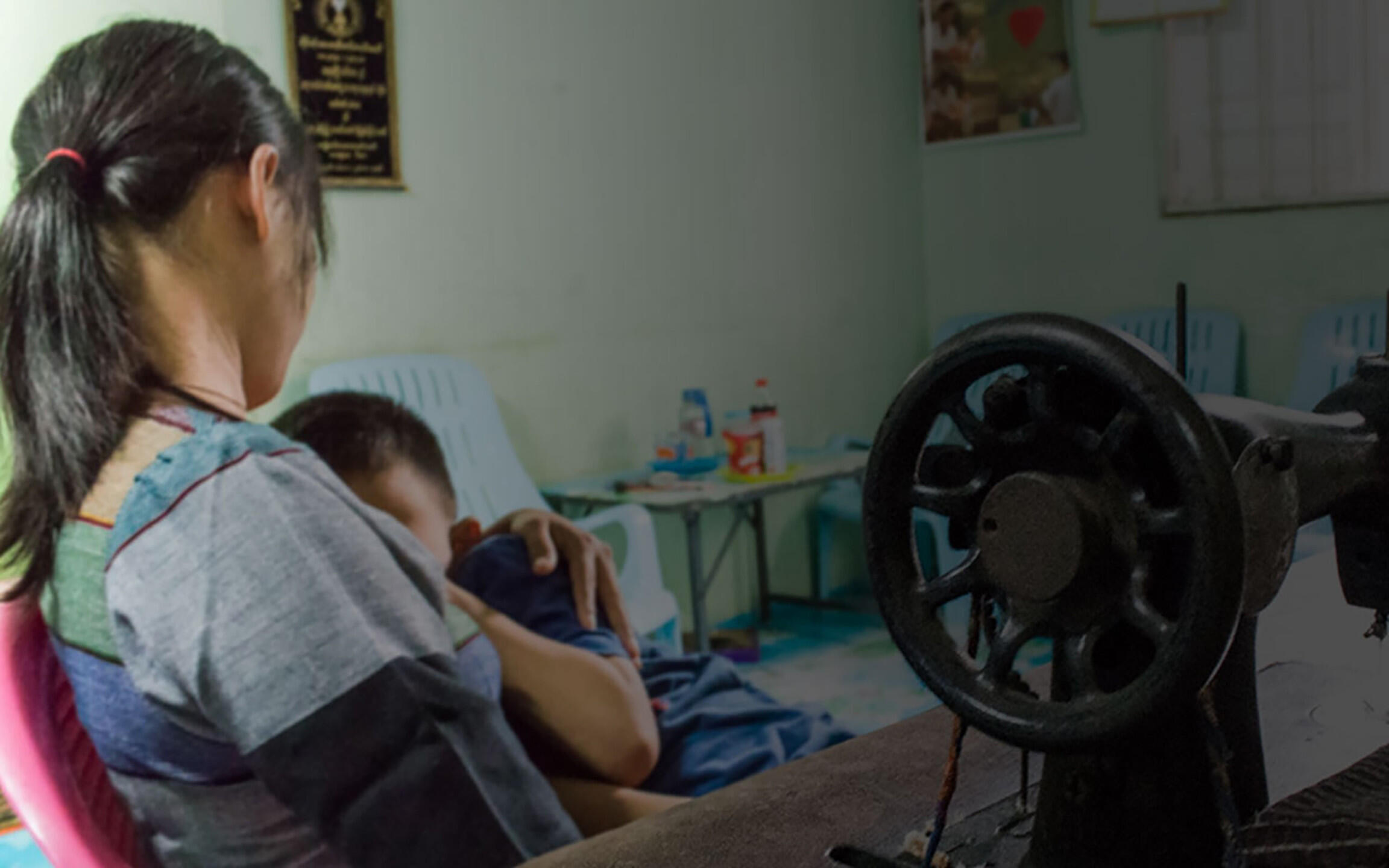
Jumping
The belief that jumping after intercourse can prevent pregnancy is widespread – but has no medical basis. A health expert in Tajikistan reported that at least one sex worker encourages others to use this method. In Palawan, an island in the Philippines, “a shocking 74 per cent of almost 5,000 young people surveyed by Roots of Heath believed that jumping up and down after sex prevented pregnancy,” said Amina Evangelista Swanepoel, the organization’s executive director.
© UNFPA Philippines


Uterine massage
In Myanmar, traditional birth attendants perform a kind of abdominal massage, believing it alters the position of the uterus, blocking the passage of sperm. “It is still a common way to prevent pregnancy,” said Daw Nwet, a birth attendant who performs the massage. There is no evidence the practice is effective, and the severe pressure can be painful.
© UNFPA Myanmar/Karlien Truyens
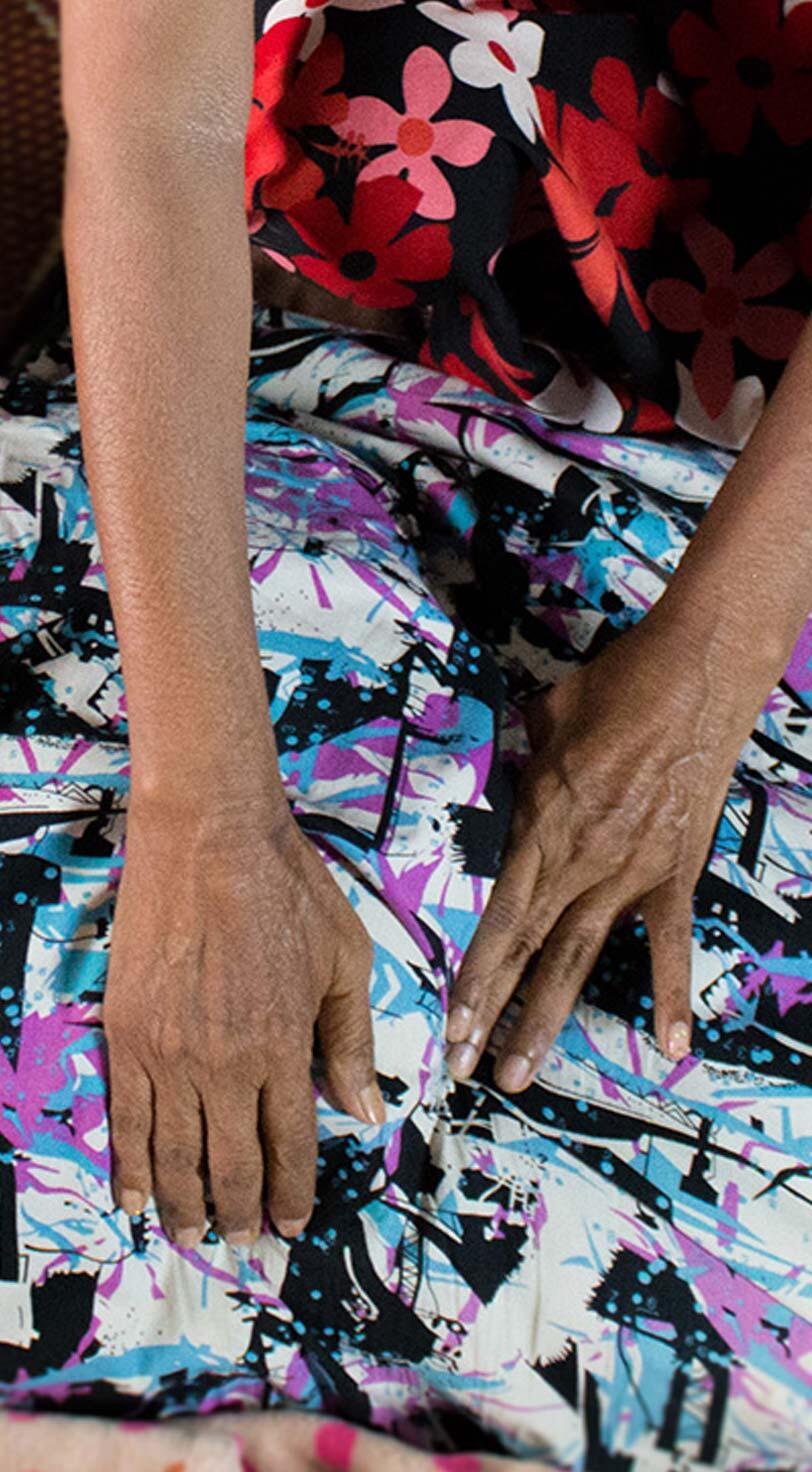
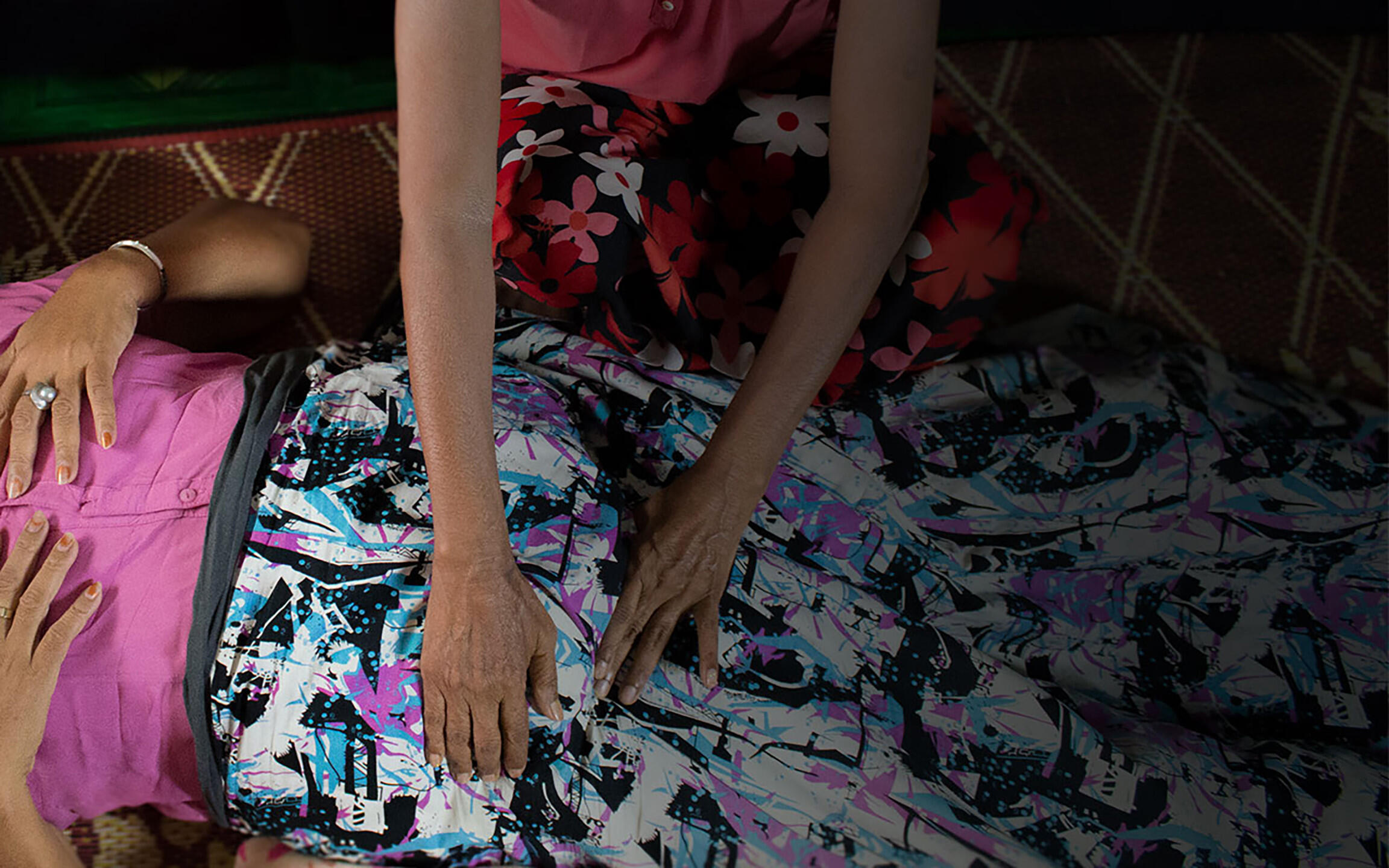
Charms or prayers
People also rely on charms or prayers to prevent pregnancy. A reproductive health expert in Malawi said that several decades ago, women applied traditional medicines to a knotted rope, which they would wear around the waist. Each knot represented a year of contraception. Prayers, charms and rituals are not effective at preventing pregnancy, and can even be harmful if they encourage people to have unprotected sex.
© UNFPA Malawi/Leticia Nangwale

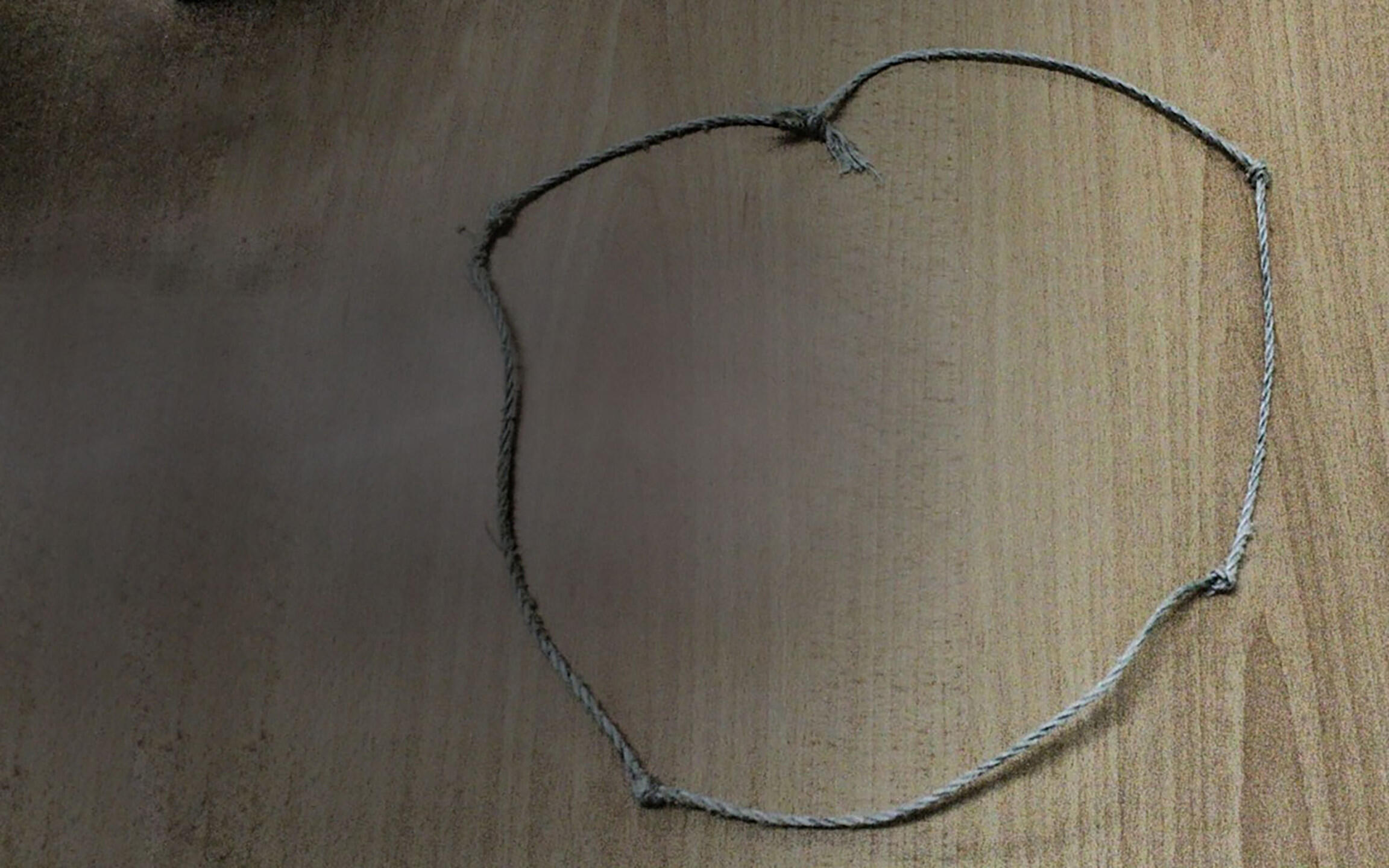
There is no need to resort to these methods.
There are many highly effective modern contraceptive methods – including condoms, oral contraceptive pills, intrauterine devices and others. Around the world, UNFPA is working to increase access to these reliable methods. But much more must be done to ensure all people can safely and confidently exercise their right to choose when and whether to become pregnant.
Olliver Girard for UNFPA
